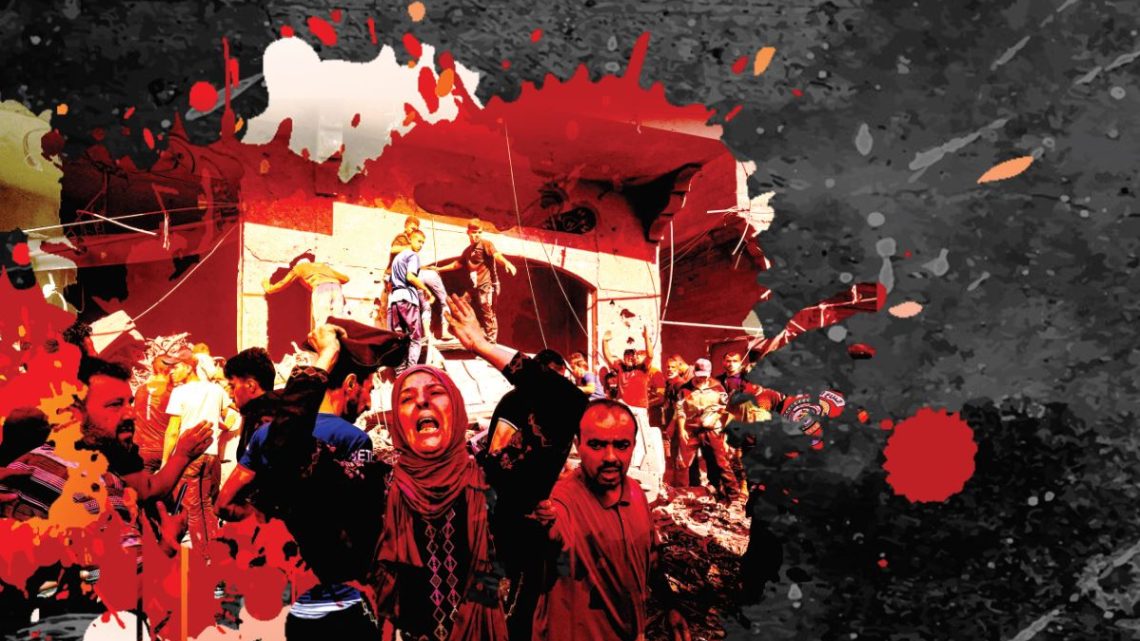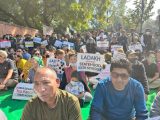
IIOJK: A Fight for Freedom Amidst Brutal Occupation
October 19, 2024In the Indian illegally occupied Jammu and Kashmir (IIOJK), the dire situation for Kashmiris is nothing short of appalling. Over a million Indian soldiers have turned this region into a military fortress, enforcing an iron grip on the local population.
Local activists, who remain anonymous due to the fear of brutal reprisals, assert that IIOJK has suffered under 77 years of illegal military occupation. This has spiraled into a crisis characterized by escalating human rights violations, particularly since the abrogation of Article 370.
The Modi regime has taken oppression to new heights. Over the last five years, reports of killings, arbitrary arrests, and torture have surged. Activists claim these atrocities are not random; they are a calculated effort to punish Kashmiris for their rightful demand for self-determination.
The relentless crackdown by the Indian government might be brutal, but it’s failing to silence the voices of resistance. The spirit of the Kashmiri people remains indomitable, defiantly pushing back against oppression despite the harshest of circumstances.
This ongoing nightmare demands international attention. Advocates are increasingly calling on the global community to intervene and support the beleaguered people of IIOJK. The silence of the international community is a betrayal of the very principles of justice and human rights.
The United Nations must step up and fulfill its obligations regarding the unresolved Kashmir issue. Activists insist that the need for a just resolution is urgent, one that genuinely respects the rights and aspirations of the Kashmiri people.
As human rights violations multiply in IIOJK, the world watches in relative indifference, allowing a grave injustice to persist. The plight of the Kashmiris is not just a regional issue; it’s a global concern that demands immediate action.
The Modi government’s approach is clear: brutal repression to maintain control. This strategy may provide short-term stability for the Indian state, but it ignores the long-term implications of subjugating an entire population. Such oppression cannot be normalized.
The international community’s inaction only emboldens the aggressors. It sends a message that the suffering of the Kashmiri people is inconsequential. This is a profound moral failure that must be addressed.
Kashmiris deserve better; they deserve to live free from fear and repression. The fight for justice is far from over, and the world must rally in support of their cause. Ignoring this crisis only perpetuates the cycle of violence and suffering.
It is imperative for global leaders to recognize their responsibilities. Silence is complicity. The call for justice in IIOJK cannot be overlooked any longer.

